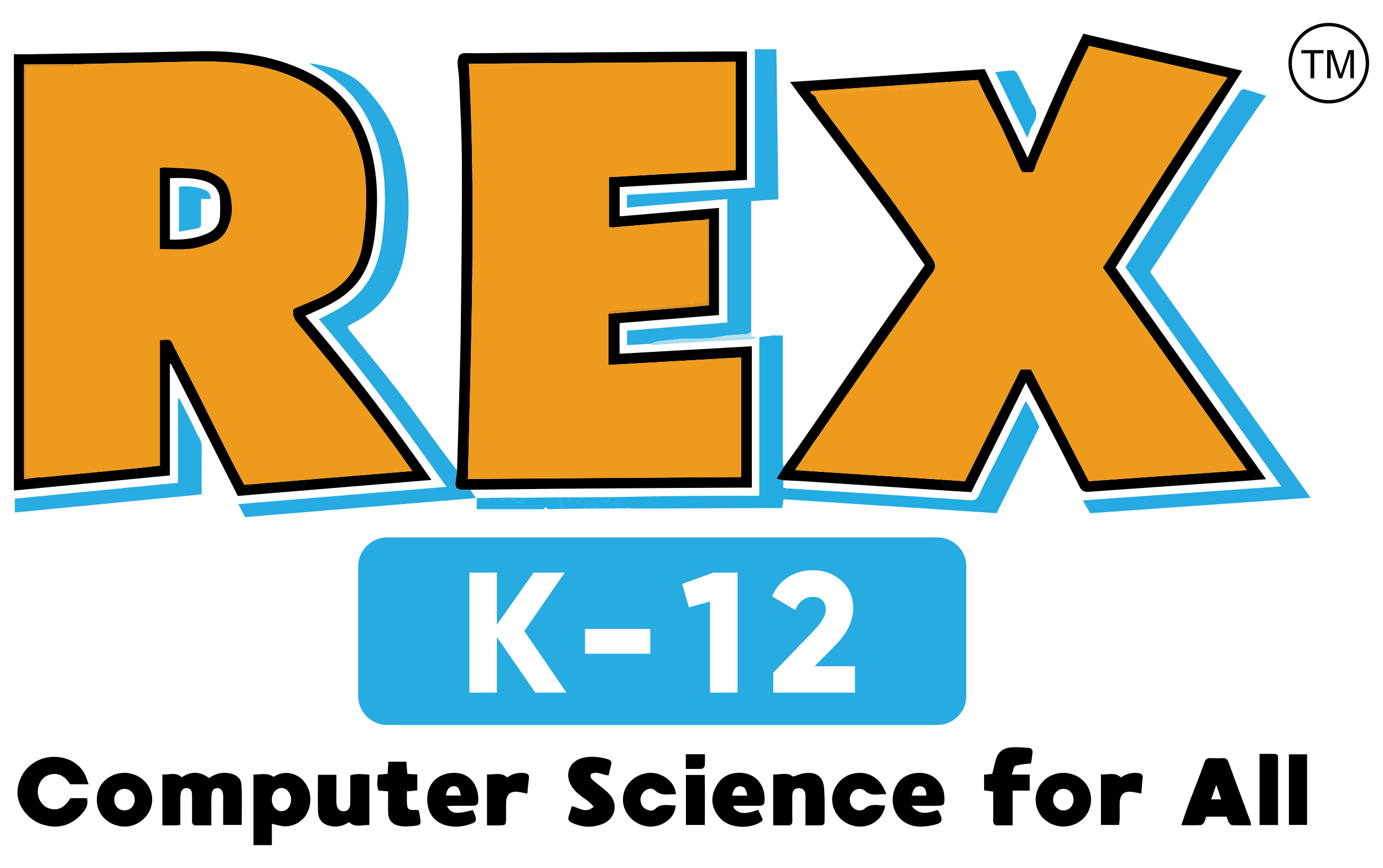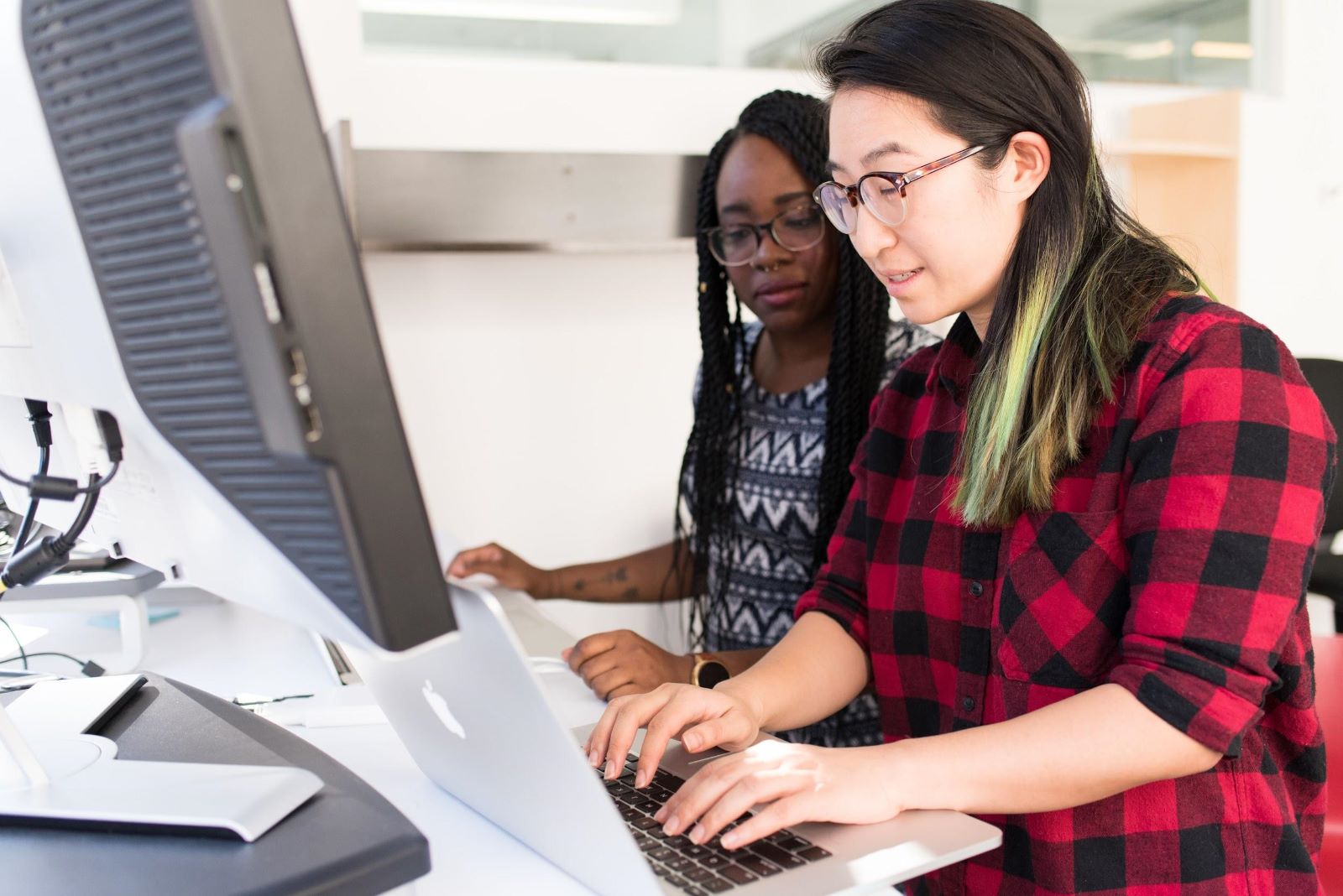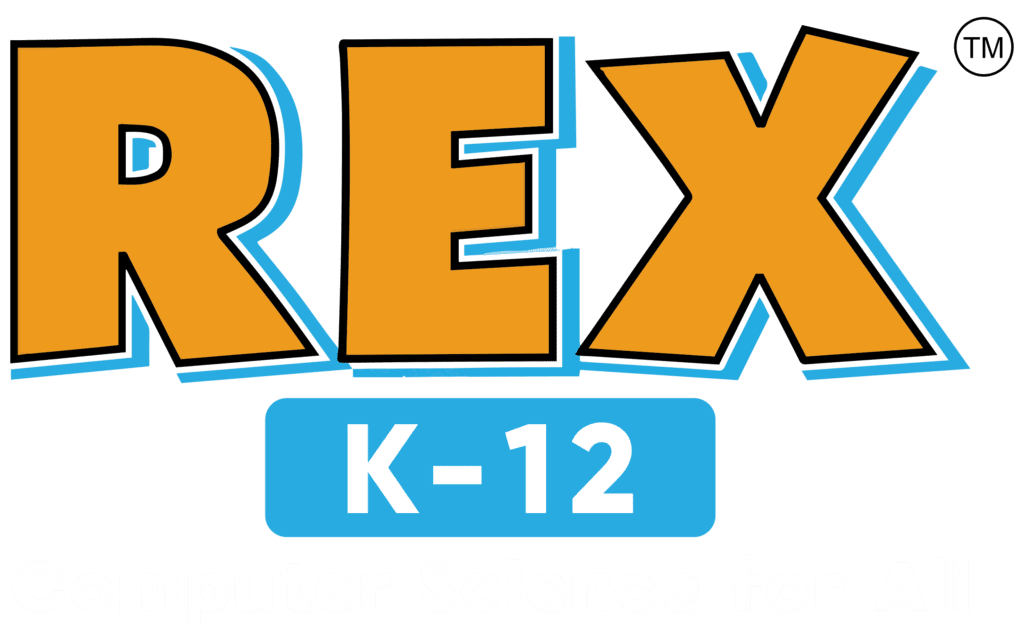The Implications of AI on Education
It is no secret that education often lags behind industry demands. We live in a world where technology dominates our lives and yet, computer science and technology education is not readily available to most of our students. We seem to be teaching materials that were properly suited fifty years ago, but we never made the transition to reinvent our education to meet the demands of today. Web development, cybersecurity, and AI are just booming industries but it seems that we are not well equipped to fill these positions.
A workforce that can fill these roles and take these fields into the next frontier not only requires our students to possess knowledge, but to also be able to think critically about the problems and their subsequent solutions. The latter I will argue is more important than the former. For example, whatever knowledge you teach in cybersecurity may well be deprecated in less than ten years as the field grows. New standards and practices will replace the old ones.
Here at Rex K-12, a seemingly relevant question we always face is “with ChatGPT online, why do we need to teach coding or CS skills.” I understand completely why the general public can feel this way. Let me tackle this question in a multitude of ways.
First of all, you are all surely aware that ChatGPT can also do algebra, geometry, science, calculus, statistical analysis, and much more. Should we stop teaching those subjects as well? I completely concede that AI will change our lives. In fact, education needs to be ready to adapt to these changing environments, by modifying instructional models and practices.
Education is not about absorption of random facts which may or may not be relevant to one’s life. I remember a 10th grader once asking me, “Why do I need to learn trigonometry? I’ll never use this in my life.” While she was right in some sense, her thinking misses the bigger picture. Education, when done right, is supposed to be about challenging students to think critically. It is in the act of solving tough problems (throughout a variety of subjects) that your brain makes those critical connections that stay with you forever. When students use AI to solve their problems, those connections cannot happen. I liken it to going to the gym and watching somebody else work out. You will never get strong yourself by doing that.
Above, I had mentioned that we need a workforce that is capable of critical thought and has good problem-solving skills. This will not be a reality if do not challenge our students to learn and think properly, leaving a vacuum in the workforce. Our students will not be able to push these fields into the next frontier as I had mentioned. As a result, our country will lag behind in innovation, which is not something that I want.
Will AI change computer science education? Yes.
Should we stop and reimagine computer science and technology education in the K-12 environment? Yes.
In fact, that is precisely what we are trying to do here at RexK12. We are constantly innovating to meet the changing landscape of today. ChatGPT can be a tremendous ally in helping build foundational skills when deployed in the right manner.
I firmly believe that AI should be seen and used as an asset, not viewed as a detriment.
Tapu Ahmed
Curriculum Director of Rex K-12












